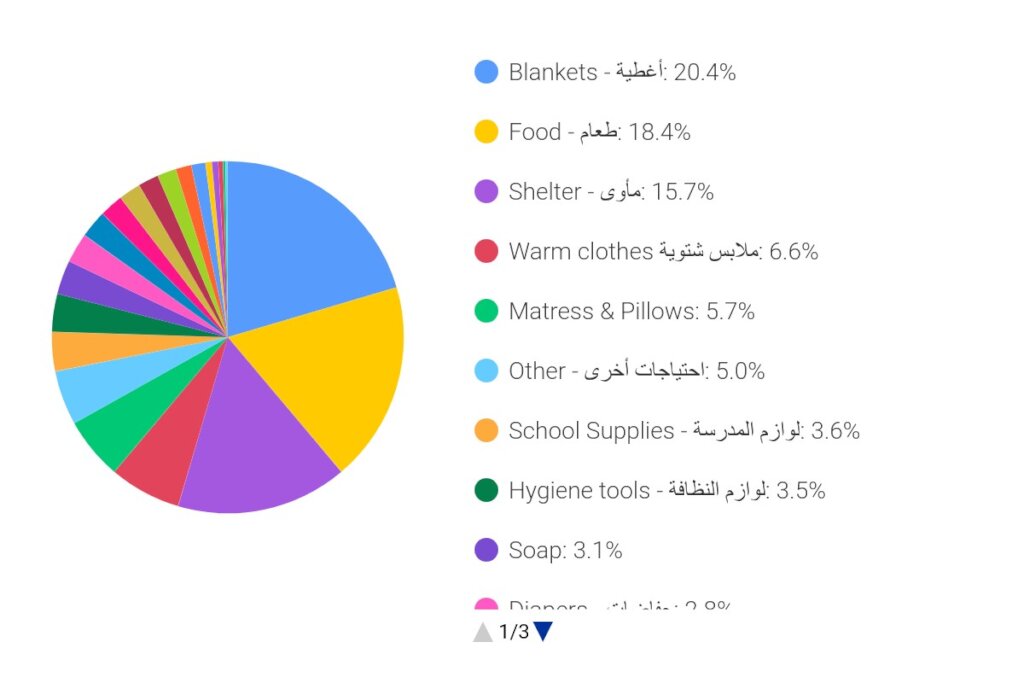By Youssef Mazdou | HAF Program Assistant
On the International Day for Disaster Risk Reduction, the High Atlas Foundation (HAF) and the New Era Association (NEA) organized a community meeting within the Promoting Civil Society and University Engagement program funded by the National Endowment for Democracy. The event highlighted global efforts to enhance disaster preparedness and protect vulnerable communities. This occasion aimed to build community resiliency and better prepare people for disasters through knowledge exchange and awareness.
The community gathering on October 28th began with a moment of silence to commemorate the lives lost in the September 8th earthquake. This was followed by a documentary screening and photography exhibition that displayed the tragic events following the earthquake.
The consultative meeting was led by community activist Abderazaq, who began the event with words of gratitude to the attendees:professors, research students, engineers, and individuals interested in local affairs. He acknowledged the efforts of HAF and NEA in providing platforms for valuable discussions related to vulnerable areas in the context of disaster response.
The meeting addressed various dimensions:
The attached table provides a summary of HAF's efforts in the affected areas since the earthquake. The psychosocial empowerment workshops have demonstrated a significant positive impact on the mental health and overall well-being of the participants. Through various psychosocial activities, individuals experience coping mechanisms and a sense of empowerment in dealing with the challenges posed by the earthquake's aftermath.
The September 8th earthquake has brought the needs of rural Moroccan communities to a global spotlight, and our response must be an investment in strategic, sustainable infrastructure.
By providing access to clean water sources for drinking, sanitation, and hygiene, we invest in prevention. Water borne illnesses are the leading cause of disease, and water infrastructure exponentially decreases infant and child mortality rates, general illness, infection rates, and other critical metrics for public health. Our earthquake response recognizes the impact of a multidimensional response that successfully addresses a range of needs.
Here :
Items distributed:
It is worth noting the importance of the International Day for Disaster Risk Reduction, which highlights the significance of early planning and taking preventive measures to reduce the negative impacts of disasters on individuals and communities. As we work to support communities in the wake of natural disasters, we recognize that our efforts must combine a strategic short-term response with lasting investments in infrastructure: social, environmental, and economic. This community meeting reflects the dedication and efforts made by various actors to enhance disaster preparedness and promote best practices for relief.
Project reports on GlobalGiving are posted directly to globalgiving.org by Project Leaders as they are completed, generally every 3-4 months. To protect the integrity of these documents, GlobalGiving does not alter them; therefore you may find some language or formatting issues.
If you donate to this project or have donated to this project, you can receive an email when this project posts a report. You can also subscribe for reports without donating.
Support this important cause by creating a personalized fundraising page.
Start a Fundraiser